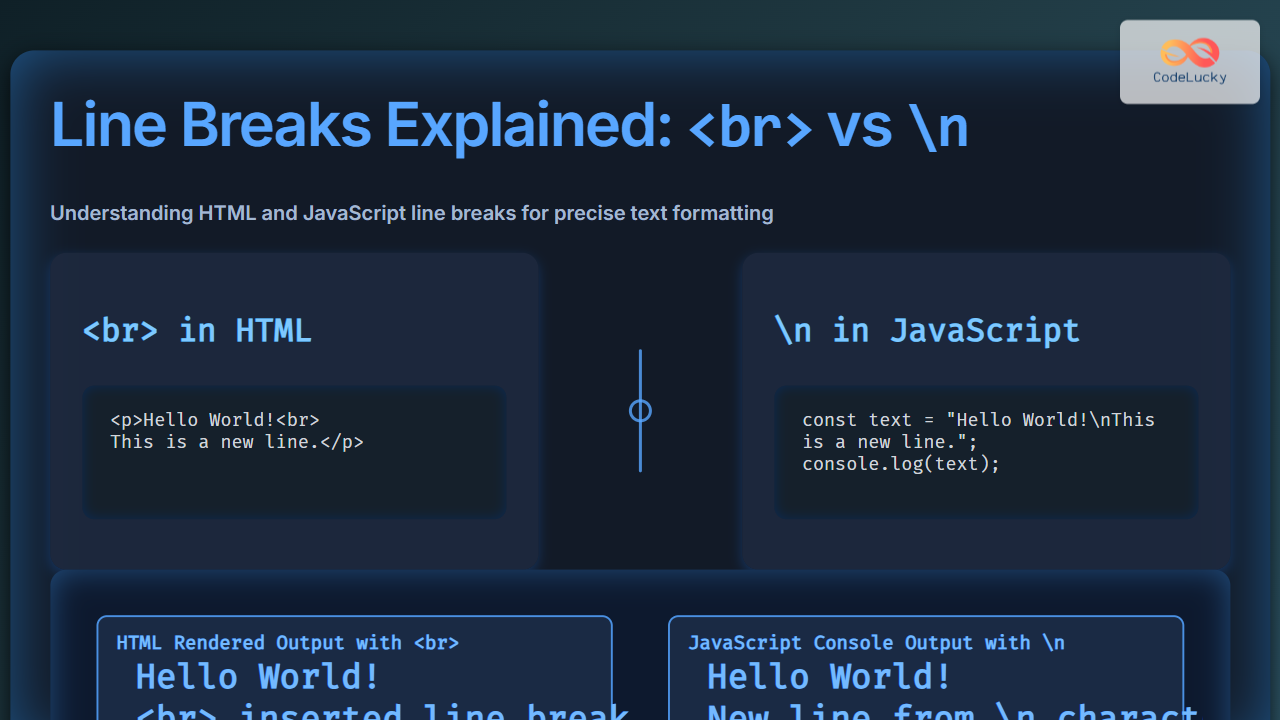HTML <keygen> Tag
The <keygen> tag was an HTML element designed to facilitate the generation of cryptographic key pairs within a form. It enabled secure transmission of data by generating a public key, which was submitted with the form, while keeping the private key client-side. This approach aimed to enhance the security of web interactions. However, due to a lack of widespread browser support and the availability of more robust and standardized security mechanisms, the <keygen> element has been deprecated.
Syntax
<keygen
autofocus
challenge="string"
disabled
form="form_id"
keytype="rsa"
name="name"
>
Attributes
| Attribute | Value | Description |
|---|---|---|
autofocus |
autofocus |
Specifies that the <keygen> element should automatically have focus when the page loads. |
challenge |
string | A string that is submitted along with the public key. |
disabled |
disabled |
Specifies that the <keygen> element is disabled. |
form |
form_id |
Specifies the form the <keygen> element belongs to, referencing the id of a form element. |
keytype |
rsa |
Specifies the type of key to generate. The only supported value is rsa. |
name |
name | Specifies the name of the <keygen> element. This name is used when submitting form data. |
Example
<form action="/submit" method="post">
<p>Enter your username: <input type="text" name="username" /></p>
<p><keygen name="security_key" challenge="Some challenge text"></p>
<input type="submit" value="Submit" />
</form>
More Examples
A Basic Keygen Implementation (Deprecated)
This example shows a simple form with a <keygen> tag. Note that this is for demonstration purposes only, as <keygen> is deprecated and should not be used in modern web development.
<form action="/submit" method="post">
<label for="username">Username:</label>
<input type="text" id="username" name="username" required><br><br>
<label for="keygenerator">Generate Security Key:</label>
<keygen id="keygenerator" name="securitykey" challenge="unique-challenge-string"><br><br>
<input type="submit" value="Submit Form">
</form>
Explanation:
- The form includes a username field and a
keygentag. - The
keygentag is namedsecuritykey, and it also has achallengeattribute. - When the form is submitted, the generated public key and the challenge string would be sent to the server.
Keygen with Autofocus
Demonstrates setting the focus on the keygen field when the page loads
<form action="/submit" method="post">
<label for="username">Username:</label>
<input type="text" id="username" name="username" required><br><br>
<keygen name="userKey" autofocus challenge="test_challenge"></keygen>
<br><br>
<input type="submit" value="Submit Form">
</form>
Explanation:
- The
autofocusattribute will automatically focus thekeygenelement upon the page load. This feature was useful for improved accessibility and user experience, but now it's largely irrelevant since the<keygen>tag is deprecated.
Keygen with Disabled Attribute
This example shows a disabled <keygen> element, preventing interaction
<form action="/submit" method="post">
<label for="username">Username:</label>
<input type="text" id="username" name="username" required><br><br>
<keygen name="disabledKey" disabled challenge="test_challenge"></keygen>
<br><br>
<input type="submit" value="Submit Form">
</form>
Explanation:
- The
disabledattribute makes the keygen field un-interactable and will not be submitted with the form data. This behavior was standard for HTML form elements to disable them.
Browser Support
The <keygen> tag has limited and inconsistent browser support. It was supported in older versions of Firefox, Chrome, and Safari, but not consistently. It has been removed from most modern browsers and is considered deprecated.
- Chrome: Removed.
- Edge: Removed.
- Firefox: Removed.
- Safari: Removed.
- Opera: Removed.
Notes and Tips
- Deprecation: The
<keygen>element is deprecated and should not be used in modern web development. It is unreliable and has been replaced by more robust and standardized security mechanisms. - Alternatives: For secure key generation and management, consider using modern Web Crypto API or server-side solutions with secure key exchange protocols like TLS/SSL.
- Security Considerations: The security implementation provided by
<keygen>was not very robust and was vulnerable to various exploits; using it should be completely avoided. - Legacy Code: You may encounter
<keygen>in older codebases. It's crucial to replace it with modern security solutions. - Avoid in New Projects: Never use
<keygen>in any new web project due to its deprecation and potential security risks.



















